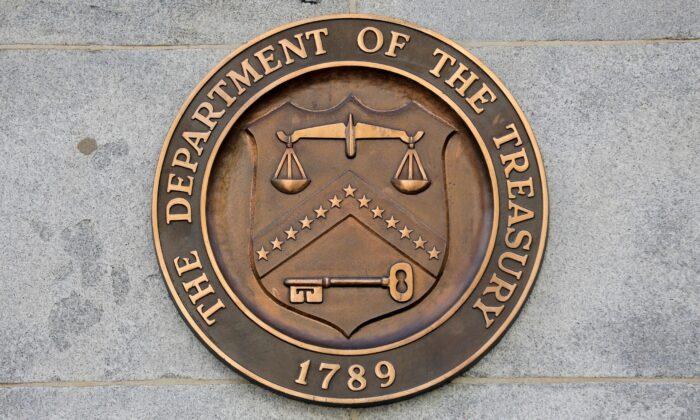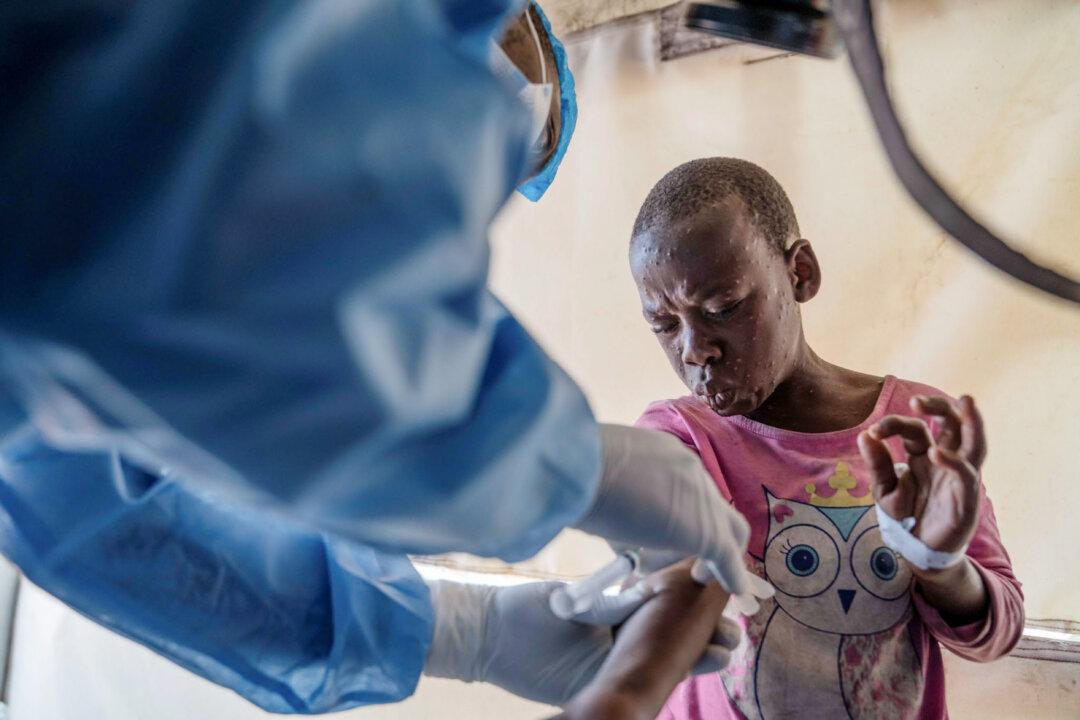The United States is targeting Russian gold reserves and has warned that gold-related transactions involving the country are strictly prohibited.
A notice issued by the U.S. Treasury on March 24 states that gold transactions between Americans and Russia are prohibited, citing executive orders signed by President Joe Biden.
The notice states that any transaction involving gold related to the Central Bank of the Russian Federation is covered by existing sanctions imposed on Moscow by the United States.
“Sanctioned Russian persons are known to employ a wide variety of measures in their efforts to evade U.S. and international sanctions, the Treasury Department continued. ”As such, U.S. persons, wherever located, including persons that process or facilitate gold-related transactions, must be vigilant against attempts to circumvent OFAC (Office of Foreign Assets Control) regulations and must take risk-based steps to ensure they do not engage in prohibited transactions.”
Individuals found to have violated the OFAC regulations could face criminal or civil penalties.
The United States and its allies have already levied a string of sanctions against Russia since its invasion of Ukraine on Feb. 24.
However, the latest move could deter international banks in counties such as China and India from buying or lending against Russia’s reserves.
It currently has around $132 billion in gold reserves, which is roughly 20 percent of the holdings in the Russian Central Bank, according to U.S. officials, and represents the world’s fifth-biggest stockpile.
Following a two-year pause, the Bank of Russia announced on Feb. 28 that it would resume the purchase of gold on the domestic precious metals market. That move came after several Russian banks were removed from the SWIFT bank messaging system following Moscow’s invasion of Ukraine.
Officials say that Russia can use its gold stockpiles to support offset the devaluation of its currency, the rouble, and thus circumvent the impact of sanctions.
The rouble dropped below 1 cent against the U.S. dollar after Russia attacked Ukraine, whereas gold is widely seen as a safe-haven asset, given its consistent value during economically volatile times.
An initiative focused on sanctions evasions has also been established between the United States, G7 leaders, and the EU.





